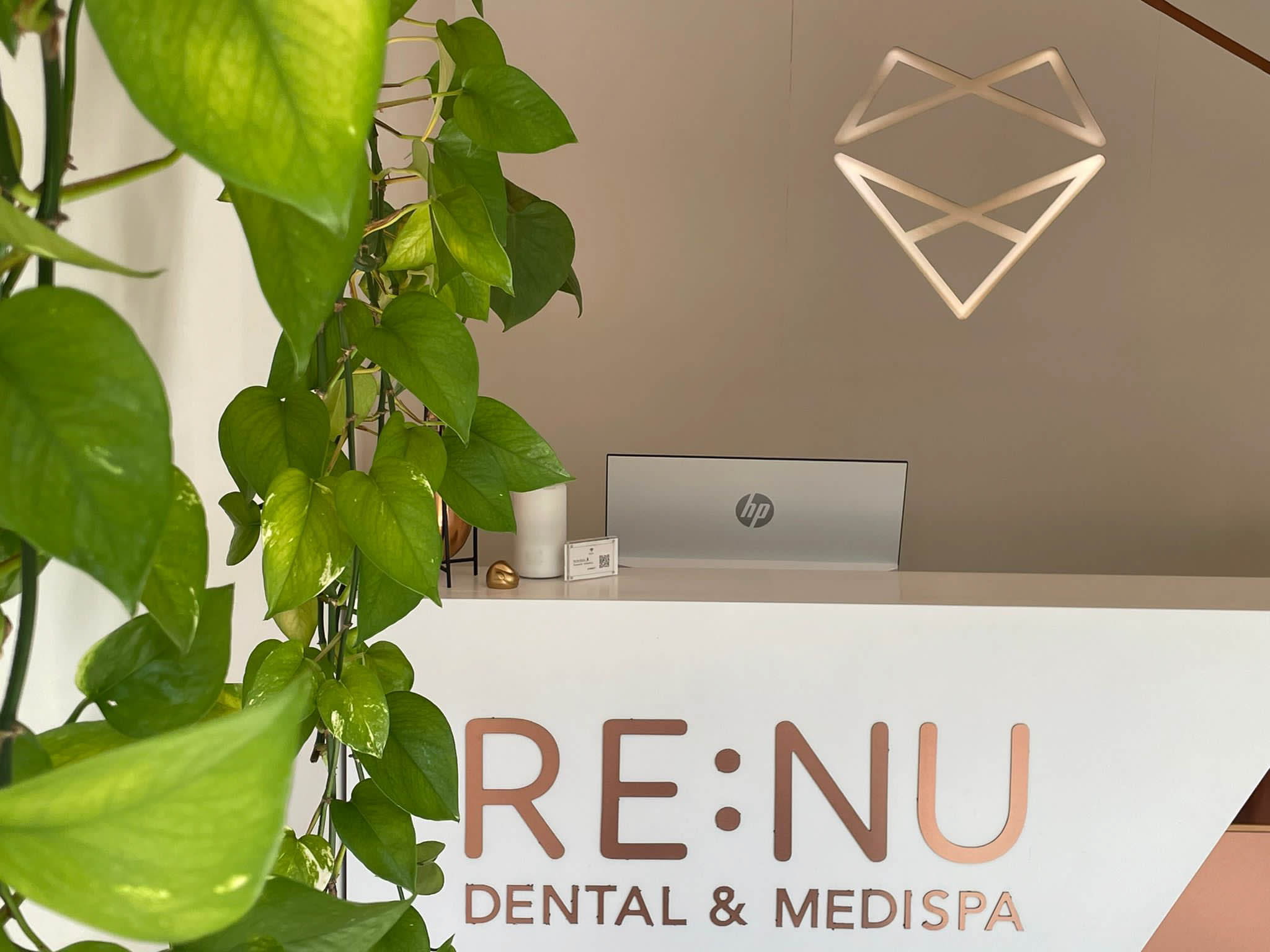Assessing and Addressing All Aspects of Your Oral Health
When it comes to maintaining good dental health, regular check-ups are essential. One comprehensive dental consultation that covers all aspects of your oral health is the 24-point dental health check. This thorough examination allows your dentist to assess your dental health, identify any issues or concerns, and create a treatment plan tailored to your needs. Let’s take a closer look at each of the 24 points covered in this consultation:
1. Medical History
Understanding your medical history is crucial in providing you with the best dental care. Your dentist will ask about any existing medical conditions, medications you are taking, and any allergies or sensitivities you may have.
2. Smile Questionnaire
A smile questionnaire helps your dentist understand your personal goals and expectations for your smile. It allows them to assess your satisfaction with your current smile and any specific concerns you may have.
3. Present Goals
During the consultation, you will discuss your present goals regarding your dental health. Whether it’s addressing cosmetic concerns or improving functionality, your dentist will work with you to achieve your desired outcomes.
4. Previous Dental History
Providing your dentist with your previous dental history helps them understand your oral health journey. This information includes any past treatments, restorations, or procedures you have undergone.
5. Relevant Family Dental History
Family dental history plays a role in assessing your risk for certain dental conditions. Your dentist will ask about any dental issues that run in your family, such as gum disease or tooth decay.
6. Dental Concerns
During the consultation, you will have the opportunity to discuss any specific dental concerns you may have. Whether it’s tooth sensitivity, gum problems, or cosmetic issues, your dentist will address these concerns as part of the examination.
7. Health, Aesthetic, Function 20-Year Question
Understanding your dental health goals for the next 20 years helps your dentist create a long-term treatment plan. This question allows them to assess your expectations and plan accordingly.
8. Clinical Photo Records
Photographs are taken to document the current state of your oral health. These photos serve as a reference point for future comparisons and help your dentist track any changes or improvements in your dental health.
9. Shade Test
The shade test involves assessing the color of your teeth to ensure they match your desired aesthetic and to identify any discoloration. Your dentist will use a shade guide or digital tools to determine the current shade of your teeth. This information is essential for cosmetic procedures like teeth whitening, veneers, or crowns to ensure a natural and cohesive appearance. The shade test helps in creating a personalized treatment plan that meets your aesthetic goals.
10. Extra Oral Comprehensive Check
Your dentist will perform a comprehensive check of the extraoral structures, including the lymph nodes, muscles, temporomandibular joint (TMJ), and mouth opening and function. This examination helps identify any abnormalities or signs of dysfunction.
11. Ergonomics, Stress Levels, Lifestyle Check, Diet Analysis
Understanding your lifestyle, stress levels, and diet is important in assessing your overall oral health. Your dentist will discuss these factors with you to identify any potential risk factors or areas for improvement.
12. Intraoral Soft Tissues
A thorough examination of the intraoral soft tissues is essential for detecting any signs of oral cancer or other abnormalities. Your dentist will carefully examine your tongue, cheeks, palate, and throat to ensure early detection of any potential issues.
13. Bruxism Check
Bruxism, or teeth grinding, can cause significant damage to your teeth and jaw joints. Your dentist will assess your bite and look for signs of bruxism, such as worn-down teeth or muscle tenderness.
14. Snore/Sleep Check
Snoring and sleep issues can be indicative of underlying dental or medical conditions. Your dentist will ask about any sleep concerns you may have and assess your risk for sleep-related breathing disorders.
15. Home Care Check
Your dentist will evaluate your home care routine and provide guidance on proper brushing and flossing techniques. They will also assess the level of plaque and tartar buildup on your teeth.
16. Gum Health
The health of your gums is crucial for maintaining overall dental health. Your dentist will assess the condition of your gums, checking for signs of gum disease, inflammation, or recession.
17. Old/Existing Dentistry Health
If you have any existing dental restorations or treatments, your dentist will evaluate their condition. This includes assessing the integrity of fillings, crowns, bridges, or implants.
18. Teeth Health
A thorough examination of your teeth is conducted to check for cavities, cracks, or other signs of damage. Your dentist will also assess the overall health and alignment of your teeth.
19. Bite Check
An evaluation of your bite is important in assessing the alignment and function of your teeth. Your dentist will check for any issues with your bite, such as misalignment or malocclusion.
20. X-rays to check between teeth, within teeth, bone level check etc
X-rays are a valuable diagnostic tool in dentistry. They allow your dentist to see areas between your teeth, within your teeth, and beneath your gums that are not visible during a visual examination.
Assessing the bone level around your teeth is crucial for detecting any signs of bone loss or periodontal disease. Your dentist will evaluate the bone density and structure to ensure the stability of your teeth.
21. Colour imaging/3D scan records to monitor bite, wear, teeth movement, gum recession
A 3D scan provides a detailed view of your teeth, gums, and jawbone. This scan helps your dentist monitor any changes in your bite, tooth wear, teeth movement, or gum recession over time.
22. Identify Risk Factors
Based on the findings of the examination, your dentist will identify any risk factors that may affect your dental health. This allows them to provide personalised advice and recommendations for preventive care.
23. Advice to Help Preventative Care
Your dentist will provide you with advice and guidance on how to maintain good oral hygiene and prevent dental issues. This may include recommendations for oral care products, dietary changes, or lifestyle modifications.
24. Treatment Plan to Stabilise Dental Health
Based on the comprehensive examination and assessment, your dentist will create a personalised treatment plan to address any dental issues or concerns. This plan will outline the necessary procedures, timelines, and costs involved in stabilising your dental health.
By undergoing a 24-point dental health check, you can ensure that all aspects of your oral health are thoroughly evaluated and addressed. Regular check-ups and preventive care are key to maintaining a healthy smile for years to come.

